3 Month Allergy Shot for Dogs: Vet-Approved Relief
The 3 month allergy shot for dogs is becoming an increasingly popular option for pet parents seeking long-term relief for their dogs suffering from environmental or seasonal allergies. Understanding how it works, how fast it takes effect, and what to expect after treatment can help you make informed choices for your dog’s health.
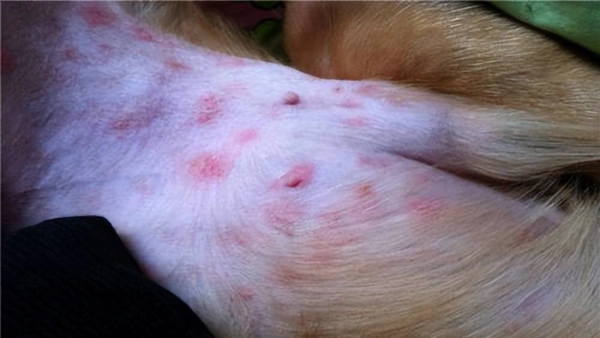
Understanding the 3 Month Allergy Shot for Dogs
What Is a 3 Month Allergy Shot?
The 3 month allergy shot for dogs is an injectable medication designed to reduce allergic reactions caused by pollen, dust mites, molds, and other allergens.
It works similarly to human allergy shots by slowly training your dog’s immune system to tolerate allergens better.
Unlike oral medications, this shot provides extended protection—typically up to 12 weeks.
How Does It Work in the Dog’s Immune System?
The shot contains a small dose of allergen extract that stimulates immune tolerance.
Over time, it reduces histamine release and inflammatory response, leading to fewer symptoms like itching, redness, and ear infections.
It is part of a broader category known as canine allergy shots and differs from steroid-based injections due to its long-term, desensitizing effect.
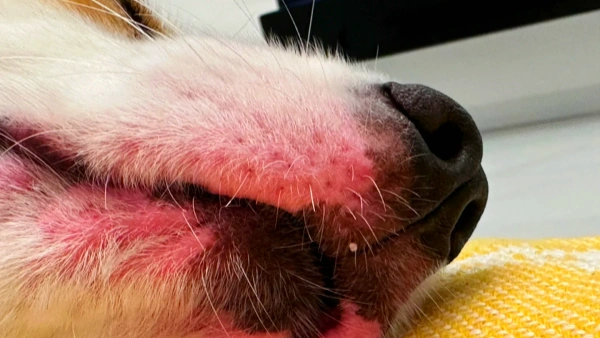
When Does the Allergy Shot Start Working?
Typical Onset Time
Most dogs begin to show improvement within 2–4 weeks after receiving the dog allergy injection.
Full benefits usually develop after consistent use, sometimes after the second or third injection.
Some dogs experience immediate relief if inflammation is mild, while chronic cases may need longer adjustment periods.
Factors That Affect Response Time
Severity and type of allergens your dog is exposed to.
Overall immune system health and prior allergy history.
Whether your dog is also on anti-inflammatory or steroid medications.
Types of Allergy Shots for Dogs
1. Canine Allergy Shots (Immunotherapy)
Customized for each dog after allergy testing.
Targets long-term tolerance and reduces dependency on medications.
2. Steroid Shot for Dog Allergies
Provides fast relief but may cause side effects like increased thirst or appetite.
Best used short-term for acute allergy flare-ups.
3. Biologic Injections (Cytopoint)
A newer option that neutralizes itch-causing proteins in the body.
Can last up to 8 weeks and works well for seasonal allergies.
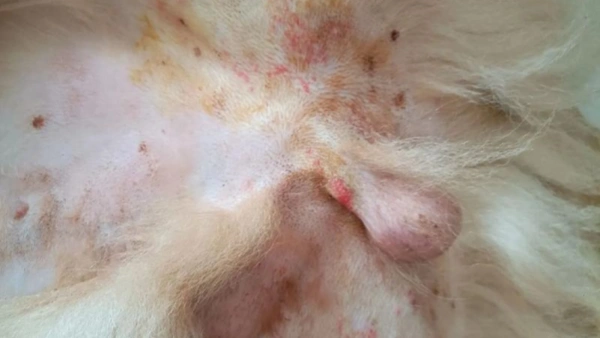
Expected Results and Aftercare
What to Expect After Injection
Most dogs show gradual relief from scratching, chewing, and licking within weeks.
Mild swelling or soreness at the injection site is normal and typically subsides within 24 hours.
Monitor your dog for side effects such as fatigue, vomiting, or appetite loss, and report them to your veterinarian.
Follow-up and Maintenance
Regular follow-ups every 3 months are essential for long-term success.
Dogs with severe allergies may need more frequent doses or combined therapies with oral medication.
Diet and environmental management—like using hypoallergenic foods and flea prevention—can enhance results.
How to Support Your Dog During Allergy Treatment
1. Maintain a Clean Living Space
Vacuum frequently to remove pollen, dust, and pet dander.
Wash your dog’s bedding and toys weekly in hot water.
2. Use Hypoallergenic Grooming Products
Choose mild, fragrance-free shampoos to avoid skin irritation.
Consider topical treatments that work alongside the anti mite spray for dogs if mites are also a concern.
3. Nutrition and Supplements
Add omega-3 fatty acids to strengthen skin barriers.
Feed high-quality protein sources that minimize food allergy risks.
Everything Our Vets Recommend
3 Month Allergy Shot for Dogs FAQs
How long does it take for a 3 month allergy shot to start working?
Most dogs begin to show signs of improvement within 2–4 weeks. However, full effects may take up to 8–12 weeks, depending on your dog’s immune response.
Are canine allergy shots safe?
Yes, when administered under veterinary supervision, they are generally safe. Mild reactions like soreness or fatigue can occur but usually resolve quickly.
Can I use a steroid shot instead of immunotherapy?
Steroid shots offer short-term relief but may cause side effects with long-term use. Immunotherapy or biologic injections are safer for chronic cases.
What if my dog doesn’t respond to allergy shots?
If your dog doesn’t improve after several cycles, your vet might suggest retesting allergens, switching formulations, or combining with diet management.
Conclusion
The 3 month allergy shot for dogs offers a practical, long-term solution for managing chronic canine allergies. By understanding how it works and following veterinary guidance, you can give your dog lasting comfort and reduce flare-ups caused by environmental triggers. For dogs with persistent itching or redness, integrating canine allergy shots, proper diet, and home care provides the best outcome for a healthier, happier pet.
You May Like:
- Best Allergy Supplements for Dogs: What Vets Recommend
- Best Dog Food for Allergic Dogs: Vet Picks You Can Trust
- Dog Probiotics for Itching: Relieve Your Pup’s Scratching Safely
- Best Dog Shampoo for Itching? What Most Owners Get Wrong
User Comments
Does flea treatment kill ear mites too?
Can dogs take human probiotics?
Can dogs have people probiotics safely?
Related Articles
View all
How to Get Rid of Dog Allergies Naturally: Common Mistakes

Dog Allergic Reaction Eye Swelling: Hidden Mistakes to Avoid
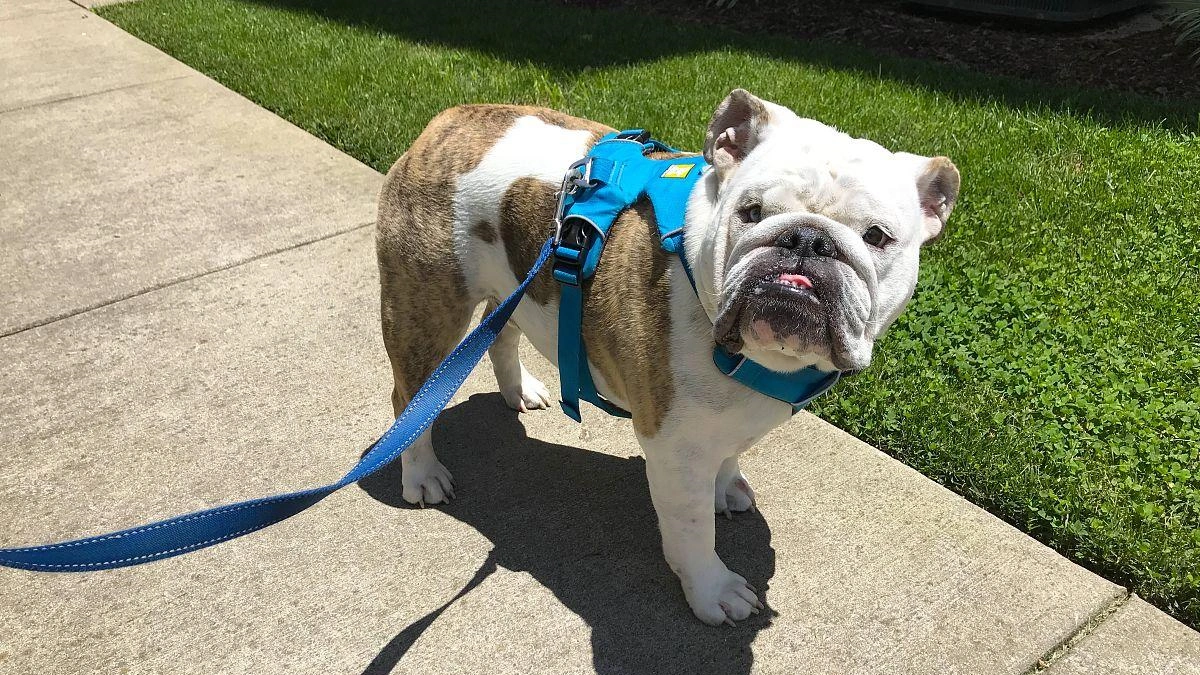
Why Do Bulldogs Scratch? Bulldog Skin Allergies Guide
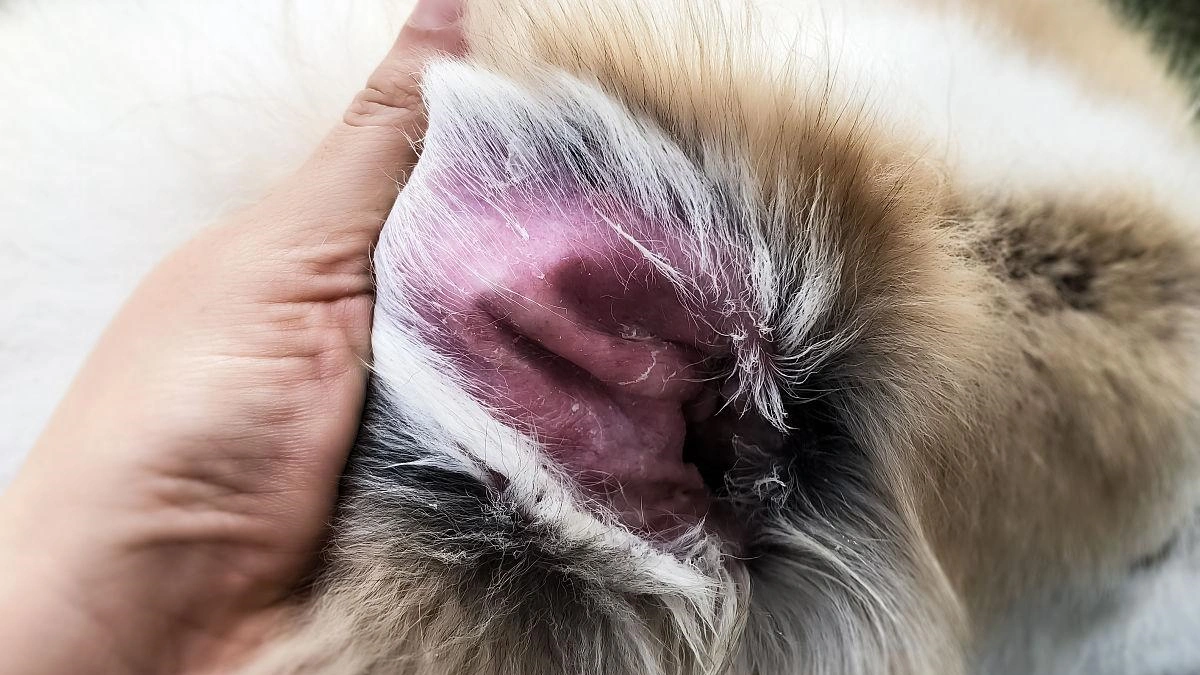
Cure for Dog Skin Allergies Owners Often Miss

How to Get Rid of Dog Allergies Naturally: Common Mistakes

Dog Allergic Reaction Eye Swelling: Hidden Mistakes to Avoid

Why Do Bulldogs Scratch? Bulldog Skin Allergies Guide

Cure for Dog Skin Allergies Owners Often Miss

Vet-Recommended Wet Dog Food for Sensitive Stomachs — 2025 Guide

Dog Dust Mite Allergy: Symptoms, Treatment, Prevention

Can Allergies in Dogs Cause Diarrhea and Vomiting? Explained

10 Pitbull Health Problems You Should Know in 2025 — Tips


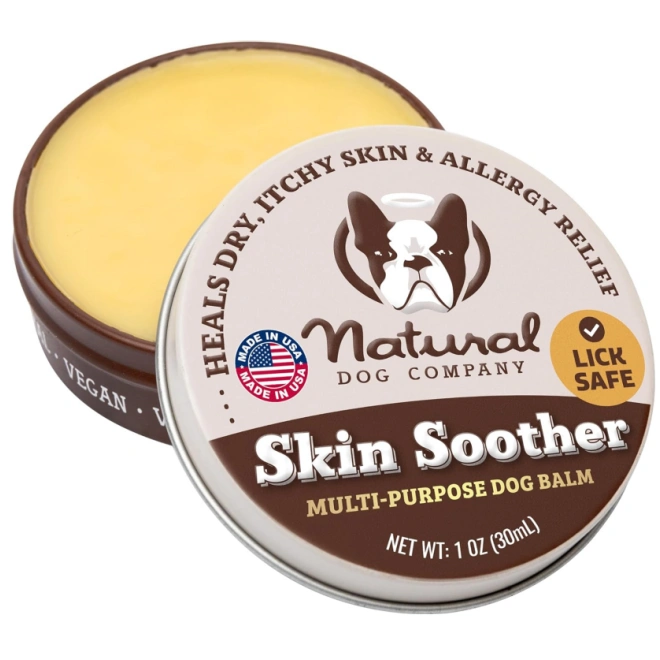
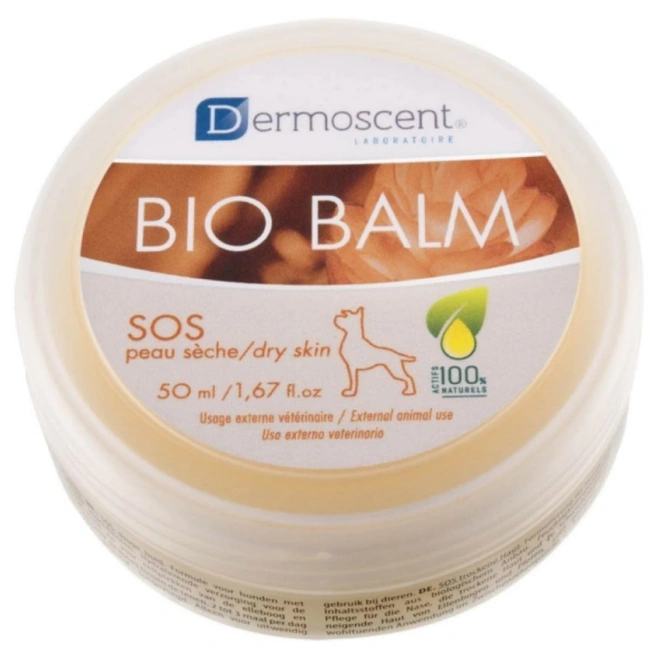

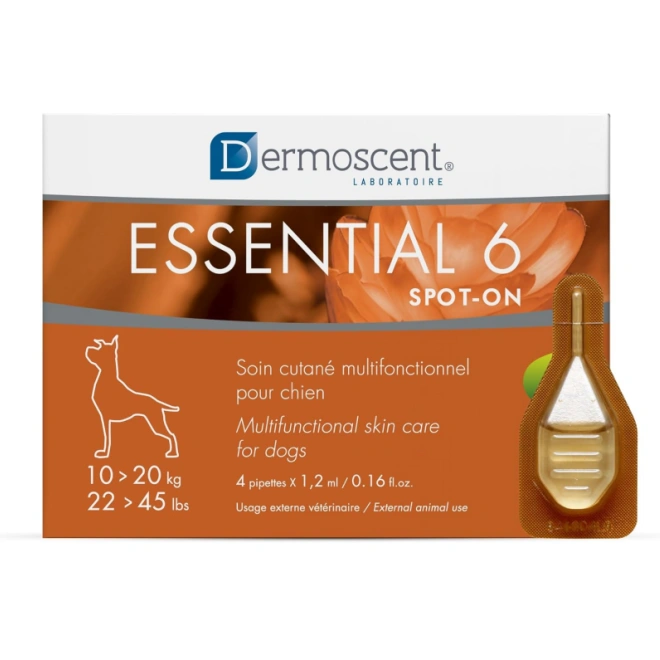








Leave a Reply